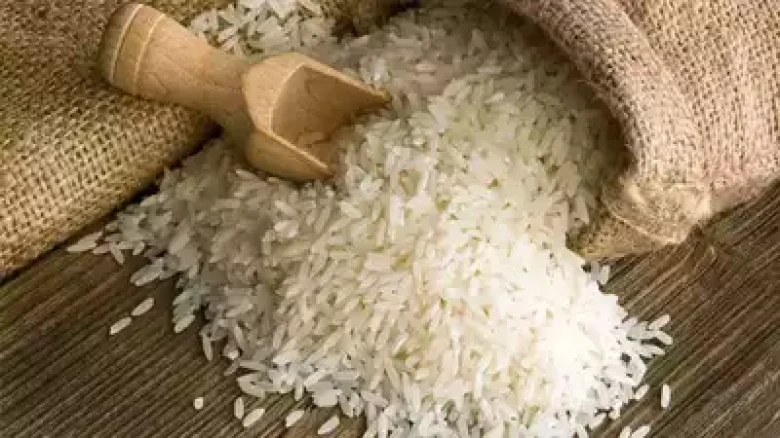International

India, the world's largest rice shipper, is considering a ban on most varieties of rice exports, which might...
Digital Desk: India, the world's largest rice shipper, is considering a ban on most varieties of rice exports, which might push up already high worldwide prices when the disruptive El Nio weather pattern returns.
The government is considering a ban on all non-Basmati rice exports, according to people familiar with the matter. This is due to growing domestic costs, and officials want to limit the possibility of more inflation, according to the people, who asked not to be identified because the information is not public.
If implemented, the ban will affect almost 80% of India's rice exports. While such a move may cut domestic pricing, it also raises worldwide costs. Rice is a staple food for almost half of the world's population, with Asia using approximately 90% of the global supply. On expectations that the return of El Nio could damage crops, benchmark prices have already risen to a two-year high.
India accounts for over 40% of the global rice trade and has moved to restrict exports of specific types. Following Russia's invasion of Ukraine, the South Asian nation banned broken rice exports and slapped a 20% levy on shipments of white and brown rice last year. The country has also limited wheat and sugar exports.
Also Read : DAC Approves Procurement Of 26 Rafale Jets, 3 Scorpene Submarines From France
Representatives from the food, trade, and finance ministries did not reply to requests for comment via email or text message. India exports rice to about 100 nations, the most important of which are Benin, China, Senegal, Cote d'Ivoire, and Togo.
Shares of Indian rice millers plummeted on news of the potential ban. The country's largest rice company, KRBL Ltd., fell as high as 3.7% before paring losses. Chaman Lal Setia Exports Ltd. was down 1.4%, Kohinoor Foods Ltd. fell 2.9%, and LT Foods Ltd. fell 4.4%.
Importers such as Indonesia, China, and the Philippines have been aggressively storing rice this year. According to the World Meteorological Organization, El Nio conditions have arisen in the tropical Pacific for the first time in seven years, threatening to bring drought to several rice-growing countries. A possible ban by India will exacerbate supply concerns.
India's plan comes as consumer price inflation accelerated in June, owing primarily to higher food prices. Bloomberg Economics predicts that inflation would rise further following the recent climb in tomato prices, a vital ingredient in Indian cuisine, and an increase in the government's support price for monsoon-sown crops. Both Barclays Bank Plc and Yes Bank have raised their inflation predictions.
According to food ministry data, retail rice prices in Delhi have risen roughly 15% this year, while the national average has risen 8%. Persistently high food prices may sour public opinion ahead of multiple state elections later this year and a national election in 2024.
Leave A Comment